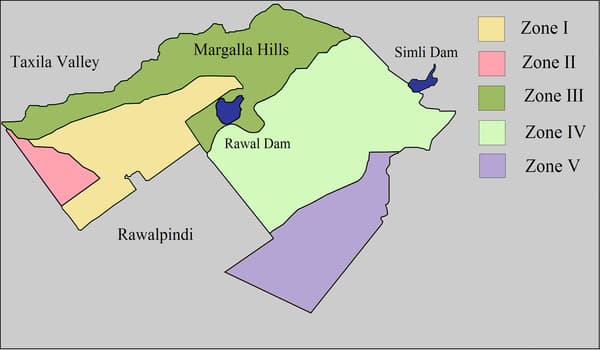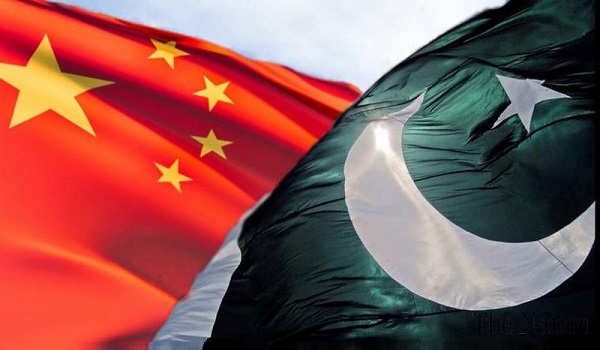Islamabad: The Federal Board of Revenue (FBR) has made a significant move toward fulfilling International Monetary Fund (IMF) requirements by approving the suspension of mobile phone SIM cards for 1.8 million individuals across Pakistan who have not filed their taxes.
Sources reveal that the FBR chairman gave the green light to this decision, seeing it as a crucial step in the government’s drive to enhance tax compliance and revenue generation before the next IMF loan program. Lists of non-filers and relevant regulations have been compiled by the FBR and passed on to the appropriate authorities for action.
Read: FBR, Karandaaz Pakistan team up for tax system digitalisation
Instructions have been issued to field formations to gather data on non-filers since 2023, with chief commissioners entrusted to finalize these lists and submit them to the FBR.
Furthermore, the FBR has been empowered to disconnect electricity connections for non-filers, reinforcing its role in ensuring tax adherence.
Originally scheduled to begin in January 2024, this operation has been postponed until after Eid. It is expected to significantly boost tax revenue and meet IMF requirements, thereby fortifying Pakistan’s economic structure.
With 145 district tax officers vested with special powers, the FBR is ready to implement this initiative nationwide effectively.
Read: FBR issues deadline for submission of tax proposals for Budget 2024-25
On Thursday, IMF chief Kristalina Georgieva announced that Pakistan is in talks with the IMF regarding a potential follow-up program to its recent nine-month, $3 billion stand-by arrangement.
Georgieva mentioned at an event hosted by the Atlantic Council think tank that Pakistan had been making progress in its existing program with the IMF, with its economy showing some improvement and reserves being replenished.
She highlighted the country’s commitment to continue on this path and its consideration of another program with the IMF, while also mentioning areas that Pakistan still needs to address given its economic challenges.








